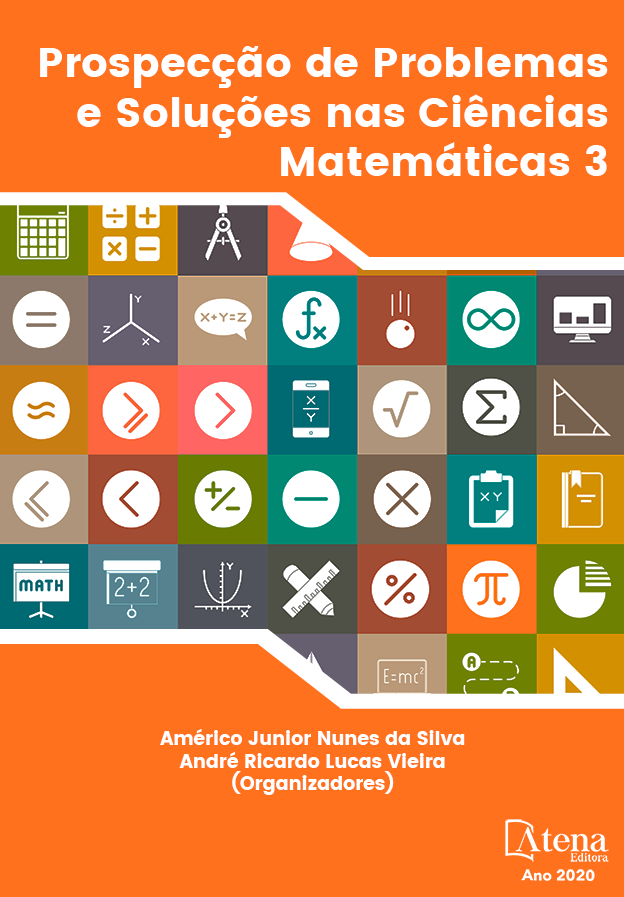
AS TECNOLOGIAS DA INFORMAÇÃO E COMUNICAÇÃO COMO FERRAMENTAS MOTIVADORAS PARA O ENSINO-APRENDIZAGEM DE MATEMÁTICA
A pesquisa a que este trabalho se refere buscou responder, por meio de uma intervenção com alunos do Ensino Fundamental 2, à seguinte questão: “A inclusão digital, por meio da utilização de inovações tecnológicas na escola, pode motivar os alunos no processo de ensino-aprendizagem de conteúdos de Matemática?”. Foi feita uma intervenção com o propósito de investigar a contribuição da inclusão digital e das Tecnologias de Informação e Comunicação para potencializar o ensino-aprendizagem e qualificar as práticas pedagógicas, influenciando no processo educativo e no desenvolvimento dos alunos enquanto cidadãos. Foram trabalhados conteúdos de Matemática utilizando as Tecnologias de Informação e Comunicação com alunos que não possuíam ou tinham pouco contato com recursos tecnológicos. Os conceitos foram trabalhados mediante a utilização de editores de textos, planilhas eletrônicas, outros softwares livres e pesquisas na internet. Ao final constatou-se que a utilização desta metodologia de ensino contribuiu de forma significativa para o alcance dos objetivos estabelecidos.
AS TECNOLOGIAS DA INFORMAÇÃO E COMUNICAÇÃO COMO FERRAMENTAS MOTIVADORAS PARA O ENSINO-APRENDIZAGEM DE MATEMÁTICA
-
DOI: 10.22533/at.ed.57620080911
-
Palavras-chave: Ensino-Aprendizagem; Matemática; Tecnologias; Educação.
-
Keywords: Teaching-Learning; Mathematics; Technologies; Education.
-
Abstract:
The main goal of the present work is to present results about investigations related to the following question: “Can the digital inclusion, using technological innovations in basic education, motivate students in the teaching-learning process of Mathematics?”. An intervention with elementary school students was made in order to investigate the contribution of digital inclusion and Information and Communication Technologies to enhance teaching-learning processes and qualify pedagogical practices. In this movement we also aim to influence the educational process and the development of students as citizens. Mathematics contents were approached using Information and Communication Technologies with students who did not have technological resources or had little contact with such tools. Text editors, spreadsheets, other free softwares and internet searches were used. It is inferred that the use of this teaching methodology contributed significantly to the achievement of the established objectives.
-
Número de páginas: 8
- Michele Cristina da Silva
- Jhone Caldeira Silva
- Élida Alves da Silva


